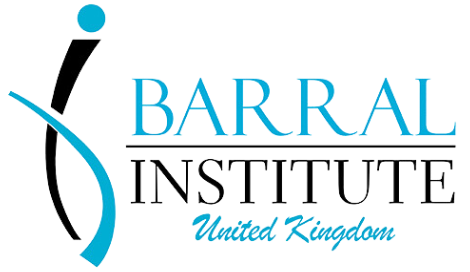
Manual Approach to the Brain 1 (MAB1) - previously known as Advanced Visceral Manipulation for The Brain 1.
Course Length: 3 Days, 18 hours course time
Synopsis: This course explores a comprehensive approach to the brain using visceral manipulation approach.
Prerequisite: LT1 or VM6 prior to 2008.
Jean-Pierre Barral has been interested in the brain for over forty years. After treating many people with head trauma, stroke, brain diseases, and psychomotor disabilities, he has developed original techniques to help these patients. Barral demonstrates how to work simply with what is considered the most complex organ of the human body—the brain. He addresses the brain and its associated nervous and vascular connections as the ‘content’ of the human head, which, characterized by its bony and membranous enclosure, is regarded as the ‘container.’
The course is organized into two parts—a structural approach and a functional approach:
--The structural approach is aimed at the vascular, nervous, meningeal, ocular, barometric, and cerebrospinal fluid circulation systems.
--The functional approach explores the sense of smell, hearing, sight, language, coordination, proprioception, emotions, etc.
Email to register interest in attending this class when next scheduled.
Manual Approach to the Brain 2 (MAB2) - previously known as Advanced Visceral Manipulation for The Brain 2
Course Length: 3 Days, 18 hours course time
Synopsis: This course explores a comprehensive approach to the brain using visceral manipulation approach.
Prerequisite: LT1 or VM6 prior to 2008.
Having completed MAB1, MAB2 is a continuation and expansion of the concepts introduced in MAB1 to include more structures and functions in the brain. This class includes working with:
The ear
Language
Pain
Emotions
Memory
Balance
The pituitary and hypothalamus
Email to register interest in attending this class when next scheduled.
Manual Approach to the Brain 3 (MAB3)
Having completed MAB1&2, MAB3 focuses more on working with patients with particular conditions. The material assists manual therapy practitioners to view systemic diseases in a new light. This includes discussions about such conditions as Parkinson’s disease, Alzheimer’s disease, and Multiple Sclerosis. Such pathologies and the limitations of manual therapy with regards to helping people with these conditions will be discussed, as well as how a manual approach to the brain may transcend these limitations and help alleviate symptoms that people are experiencing due to these diseases. Barral shares how precise manual therapy may encourage the central nervous system to self-repair and thus may help people with certain conditions. The practitioner will also learn ways to help people who have had a stroke or ictus.
Because the brain is inherently plastic, the tools that the practitioner will learn enables him or her, in Barral's own words, to help restore 'inner bridges' within the brain, which is vital to the life of those facing difficulties.
In short, the principle underlying this work is the striking of a balance between the ease of minimum manual effort and the finesse of maximum manual precision.
Email to register interest in attending this class when next scheduled.
Manual Approach to the Brain 4 (MAB4)
Upon completing MAB1,2,& 3 MAB4 delves deeper into the realm of patient care, specifically focusing on individuals with specific conditions. This advanced material empowers manual therapy practitioners to adopt a fresh perspective when approaching systemic diseases. Engaging discussions will revolve around understanding the intricacies of specific pathologies and the limitations of manual therapy in addressing these conditions.
In MAB4, practitioners explore how a manual approach to the brain can transcend these limitations and potentially alleviate the symptoms experienced by those affected by these diseases. Barral imparts invaluable insights on how precise manual therapy techniques can stimulate the central nervous system and facilitate self-repair. This knowledge equips practitioners with the tools to effectively assist individuals who have undergone a stroke or ictus.
The human brain, with its inherent plasticity, serves as the foundation for this transformative work. By learning the techniques taught in MAB4, practitioners gain the ability, as Barral himself describes it, to restore the crucial "inner bridges" within the brain. These bridges are vital to individuals facing various difficulties in their lives.
In essence, the underlying principle of this course emphasizes striking a delicate balance between minimizing manual effort while maximizing manual precision. This fusion of ease and finesse forms the core philosophy behind this transformative approach to patient care.
Email to register interest in attending this class when next scheduled.

